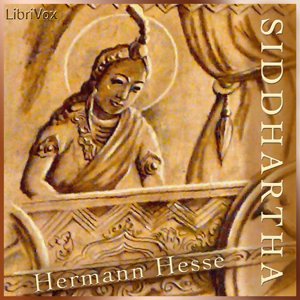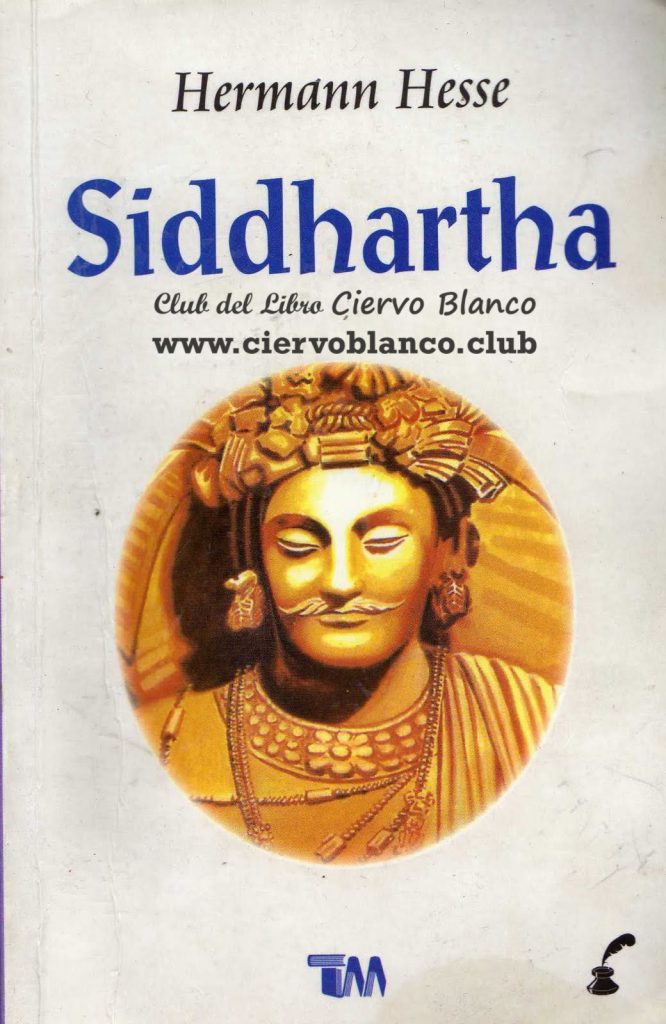

“Hesse’s call for self-realization coupled with his celebration of Eastern mysticism earned him a huge following among America’s counterculture in the decade after his death.”.


In the existential tradition of Nietzsche and Dostoevsky, Hesse portrays the turmoil of a docile young man who is forced to question traditional bourgeois beliefs regarding family, society, and faith.” Based on his experience with Jungian analysis, this breakthrough novel launched a series of works chronicling the Weg nach Innen (inward journey) that he hoped would lead to self-knowledge. “The publication of Demian that same year (it appeared in English in 1923) brought Hesse immediate acclaim throughout Europe.“Chronic wanderlust coupled with growing discontent over his bucolic Rousseau-like existence took him on a formative trip to the East Indies in 1911.”.Instead he pursued a rigorous program of self-study that focused on literature, philosophy, and history and eventually found employment at the Heckenhauer Bookshop in the university town of Tübingen.” Thereafter Hesse rebelled against all attempts at formal schooling. “Having vowed ‘to be a poet or nothing at all,’ the headstrong youth fled the seminary in Maulbronn at the age of fourteen.Vasudeva completes Siddhartha's entry into his final stage of self-realization by not attempting to teach or indoctrinate, but by showing Siddhartha that the inexplicable ways of the river promise revelation.The Spiritual Hero’s Journey of a Lifetime: Siddhartha by Hermann Hesse (Book Summary) About Hermann Hesse The despair which follows prepares us for the final realization of a middle-aged Siddhartha: Pursuing the way of the sense deity, Kama, will lead to nothingness. The transparency of this illusory world only becomes apparent to Siddhartha after he has had the chance to experience this time-bound world directly. His traversing the river into the city is, likewise, an integral phase of the quest. In all stages of his life, Siddhartha must, as his name suggests, "seek his own goal" in an untutored, unassisted first-hand quest. Siddhartha must experience Brahman spontaneously and without artificial preparation in order to transcend time and gain Nirvana. The growth pattern of Siddhartha's entire life consists of several phases of conditioning which are necessary to attain a perfect unity with the Absolute. It is merely the means to the end with which he disagrees with his father and also with the Samanas, Gotama Buddha, and the Buddha-follower Govinda. Despite the fact that Siddhartha leaves his father, the influence of his Brahmin upbringing stays with him, for the goal of his life is the attainment of Nirvana. The preeminent factor in a study of Hesse's Hindu protagonist is his growth from the impatience and impetuosity of youth and young adulthood to the fulfilled wisdom of age.


 0 kommentar(er)
0 kommentar(er)
